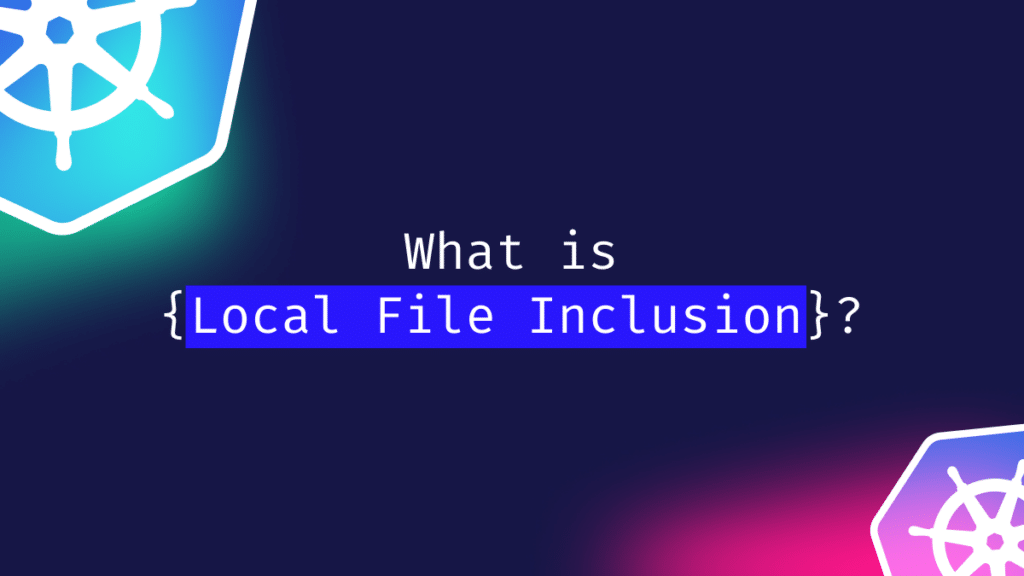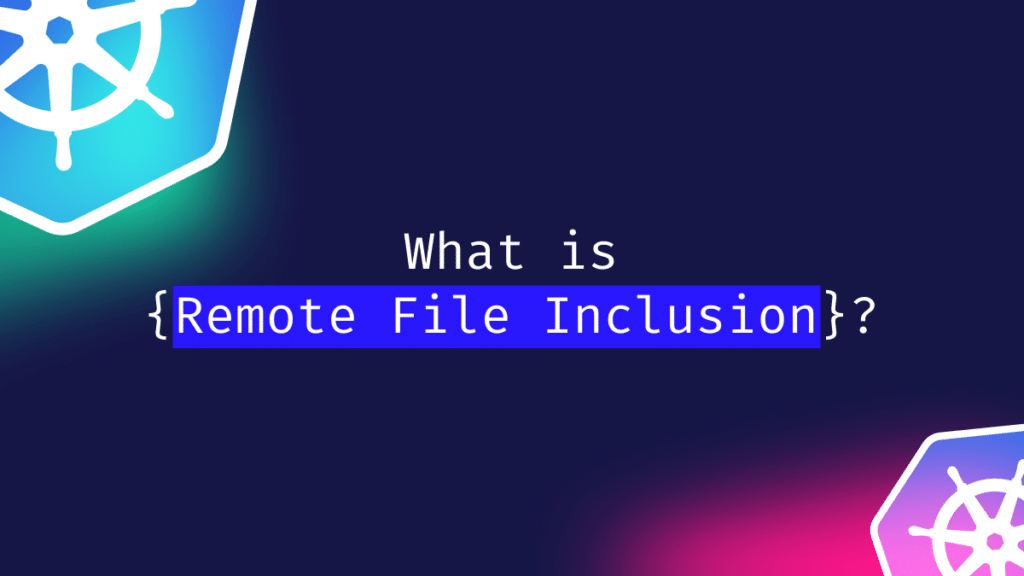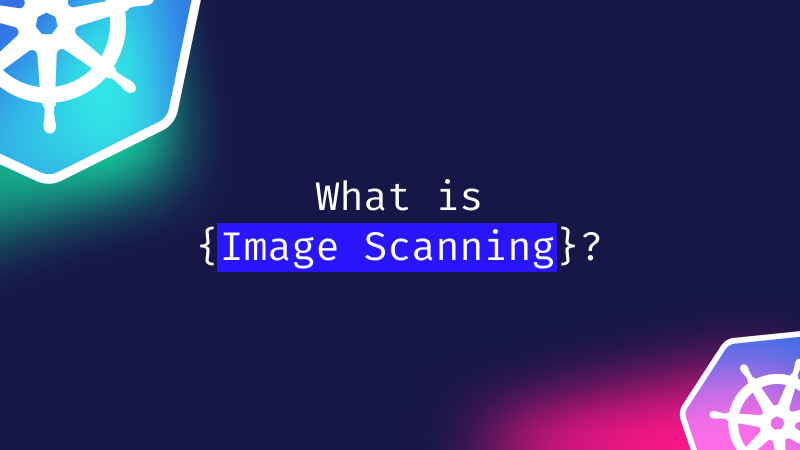Minikube
What is Minikube?
The rising popularity of Kubernetes, an open-source container orchestration platform, has transformed how we handle containerized applications. However, mastering Kubernetes can get complicated, involving setting up and managing an extensive cluster. That’s where Minikube steps in.
Minikube is fundamental in the Kubernetes ecosystem, designed to streamline and simplify local Kubernetes development. Thus, making it accessible to developers of all levels.
A closer look at Minikube
Minikube is a lightweight, single-node Kubernetes cluster for local development and testing. It allows developers to create and manage a simplified Kubernetes environment on their machines, offering a convenient and efficient way to experiment with Kubernetes features without the complexities of setting up and maintaining a full-fledged cluster.
Minikube’s primary role is to provide a local Kubernetes environment that closely mirrors the behavior and functionality of a production cluster. This replication of Kubernetes features and behaviors on a smaller scale makes it an invaluable tool for developers aiming to enhance their Kubernetes skills and test applications in a controlled local environment.
The core role of Minikube: simplifying Kubernetes environments
Minikube simplifies Kubernetes development by providing a local environment where developers can replicate essential functions. This enables them to work with pods, services, and deployments like a production cluster. The local Kubernetes cluster can run on a single virtual machine or directly on a host machine, depending on the chosen configuration.
Minikube primarily offers developers a lightweight and consistent Kubernetes environment, streamlining testing and experimentation. It empowers developers to gain practical experience without requiring a fully operational multi-node cluster. This leads to quicker development cycles and a more accessible learning curve, particularly for those new to Kubernetes.
Minikube’s target audience
Minikube is particularly valuable for developers and teams working on Kubernetes-based projects. Its target audience includes:
- Developers: Minikube enables developers to set up a local Kubernetes cluster with ease, facilitating application testing, debugging, and experimentation.
- Development Teams: Development teams benefit from Minikube by enabling collaborative development and testing in a consistent local environment.
- Kubernetes Beginners: Beginners in Kubernetes can use Minikube to reduce the learning curve and understand Kubernetes concepts before working with a full cluster.
Key features of Minikube
Minikube boasts several key features that contribute to its significance in local Kubernetes development:
- Platform-Agnostic: Minikube is platform-agnostic, supporting Windows, macOS, and Linux, which means it caters to a broad developer audience. Once developers install Minikube, they can develop on their preferred platform.
- Efficient Resource Utilization: Minikube efficiently utilizes system resources, ensuring that even developers with resource-constrained machines can create local Kubernetes clusters.
- Isolation: It ensures isolation of the development environment from the host system, preventing interference and maintaining security.
Comparison with full Kubernetes clusters
Minikube significantly differs from full-fledged, multi-node Kubernetes clusters typically used in production environments. It simplifies cluster management and offers an environment suitable for individual developers or small teams. While full clusters are designed for scalability and resilience, Minikube focuses on providing a local, manageable, and lightweight Kubernetes environment.
| Minikube | Full Kubernetes Cluster | |
| Cluster Size | Single-node | Multi-node |
| Resource Requirements | Minimal | Substantial |
| Complexity | Simplified setup | Complex configurations |
| Use Cases | Individual developers, small teams | Large organizations, production |
| Scalability | Limited | High scalability |
| Cluster Management | Simplified management | Proficient management required |
| Networking | Simple network configurations | Advanced network setups |
| Storage | Basic local storage options | Extensive storage solutions |
Advanced Minikube features
Minikube goes beyond its core functionality with advanced features that enhance the local Kubernetes development experience by providing flexibility, customization, and access to additional functionalities. These encompass:
- Add-Ons: Minikube enriches the Kubernetes environment with optional add-ons and components, such as the Kubernetes dashboard. These additional components and tools can be seamlessly integrated into your cluster. Whether you need enhanced monitoring, networking, or specific functionalities like Helm or Istio, Minikube’s add-ons extend your local cluster’s capabilities.
- Configuration Options: Minikube offers robust configuration settings, enabling you to fine-tune clusters according to your project requirements. Adjust resource allocation, customize networking, and optimize cluster performance, including managing kubectl commands. This flexibility ensures your local Kubernetes environment aligns perfectly with your development needs.
- Profile Management: Minikube simplifies the management of multiple development environments. Profile management allows you to create and switch between different cluster configurations effortlessly. This is particularly useful when working on various projects or collaborating with team members, as it ensures that each development environment is consistent and tailored to the task.
Benefits of using Minikube
Minikube offers a multitude of benefits to developers, including:
- Faster Development Cycles: Developers can rapidly test, iterate, and debug Kubernetes applications in a local environment.
- Cost-Effective Local Testing: Minikube’s efficient resource usage and lightweight nature make it a cost-effective choice for local Kubernetes testing.
- Easy Kubernetes Experimentation: Developers can experiment with Kubernetes features and applications without using a production cluster.
- Consistency Between Local and Production Environments: Minikube ensures that the local development environment closely resembles the behavior of a production Kubernetes cluster, minimizing potential deployment issues.
Unlocking Kubernetes development efficiency with Minikube
Minikube simplifies setting up and managing a Kubernetes cluster, especially in local development and testing scenarios. By addressing common pain points such as complex setups, resource limitations and maintaining local-production consistency, Minikube paves the way for efficient Kubernetes development and collaborative teamwork.
Its adaptability across different platforms, efficient resource utilization, and isolation of the development environment make it a valuable asset in the Kubernetes ecosystem, allowing developers to experiment and innovate confidently.




